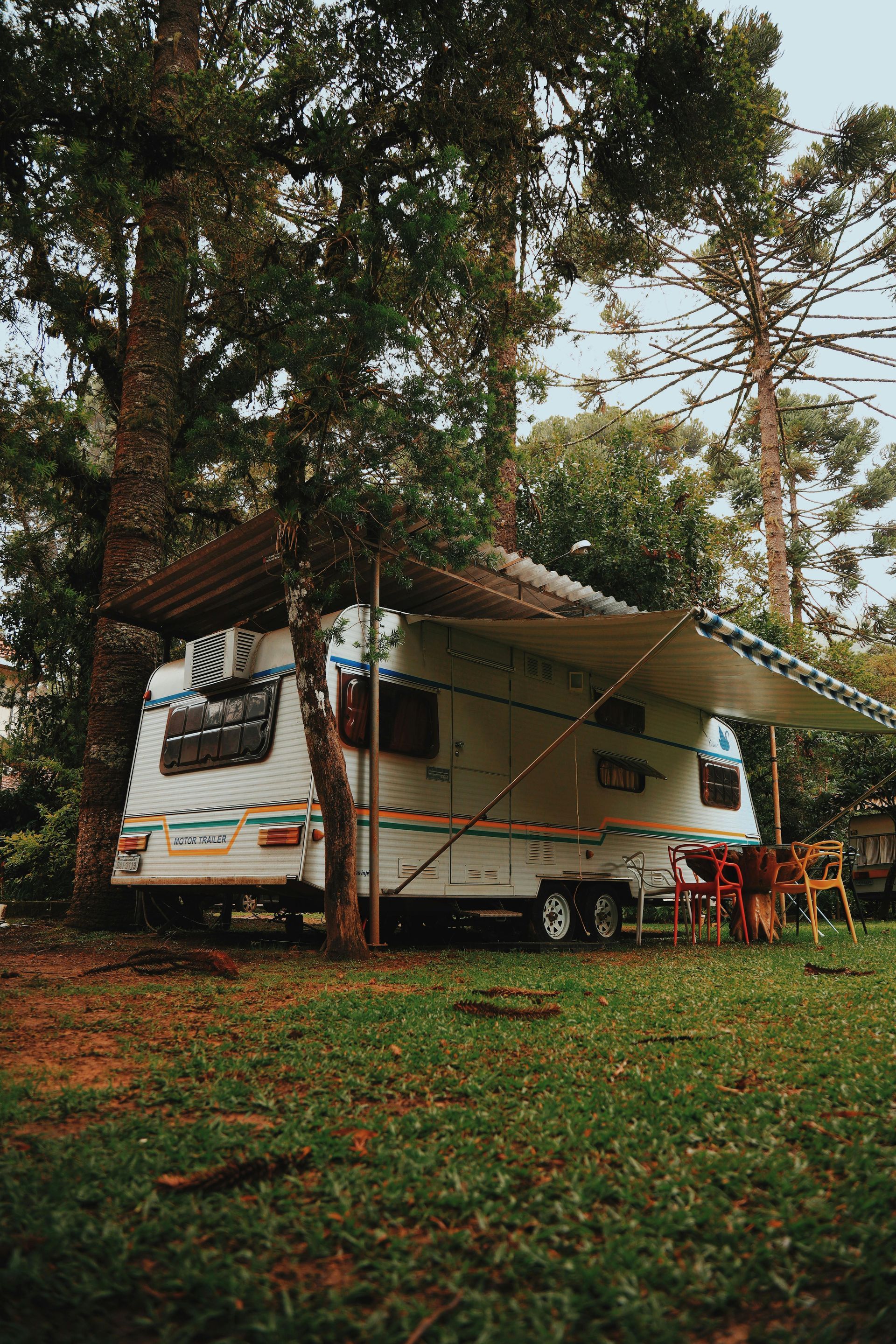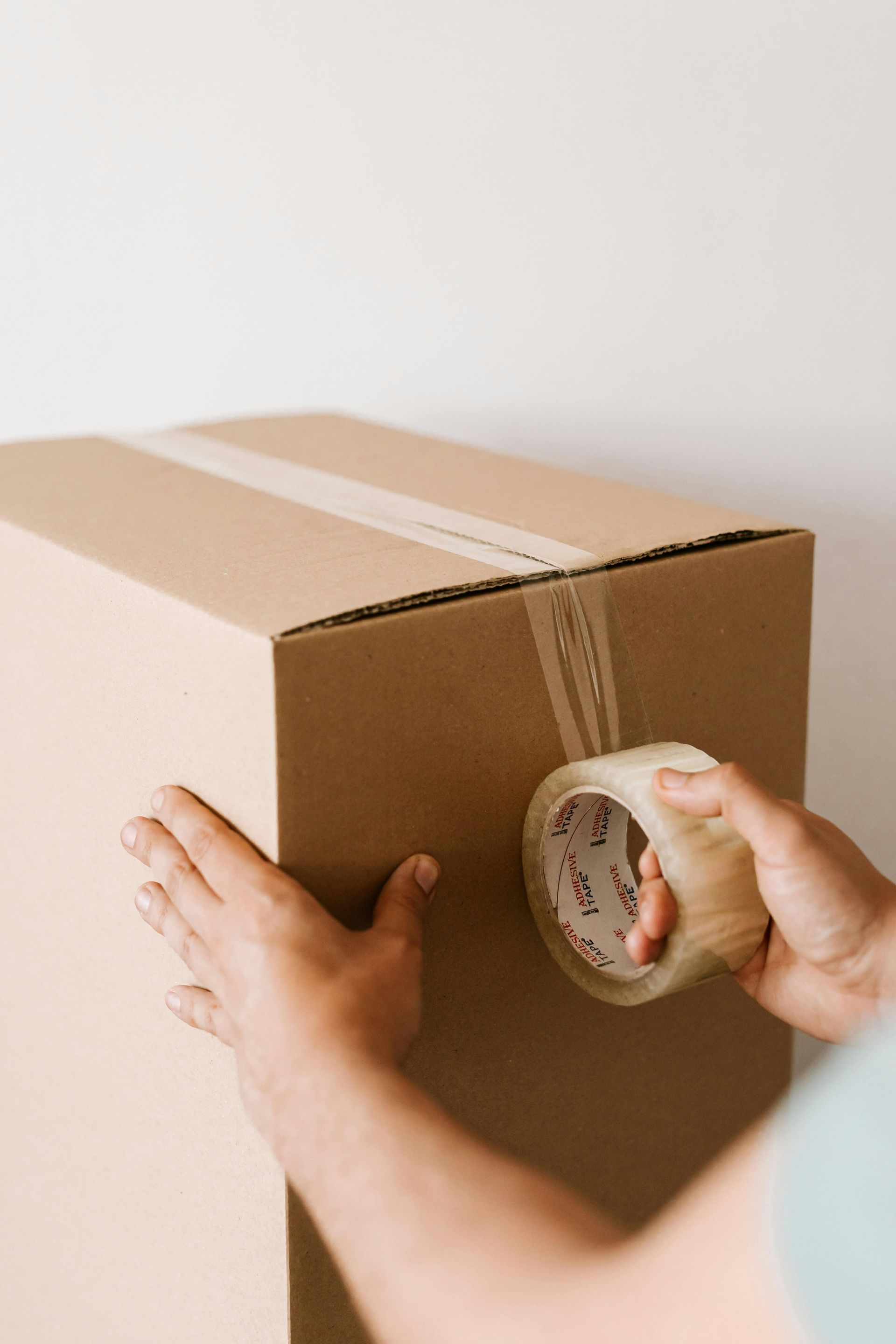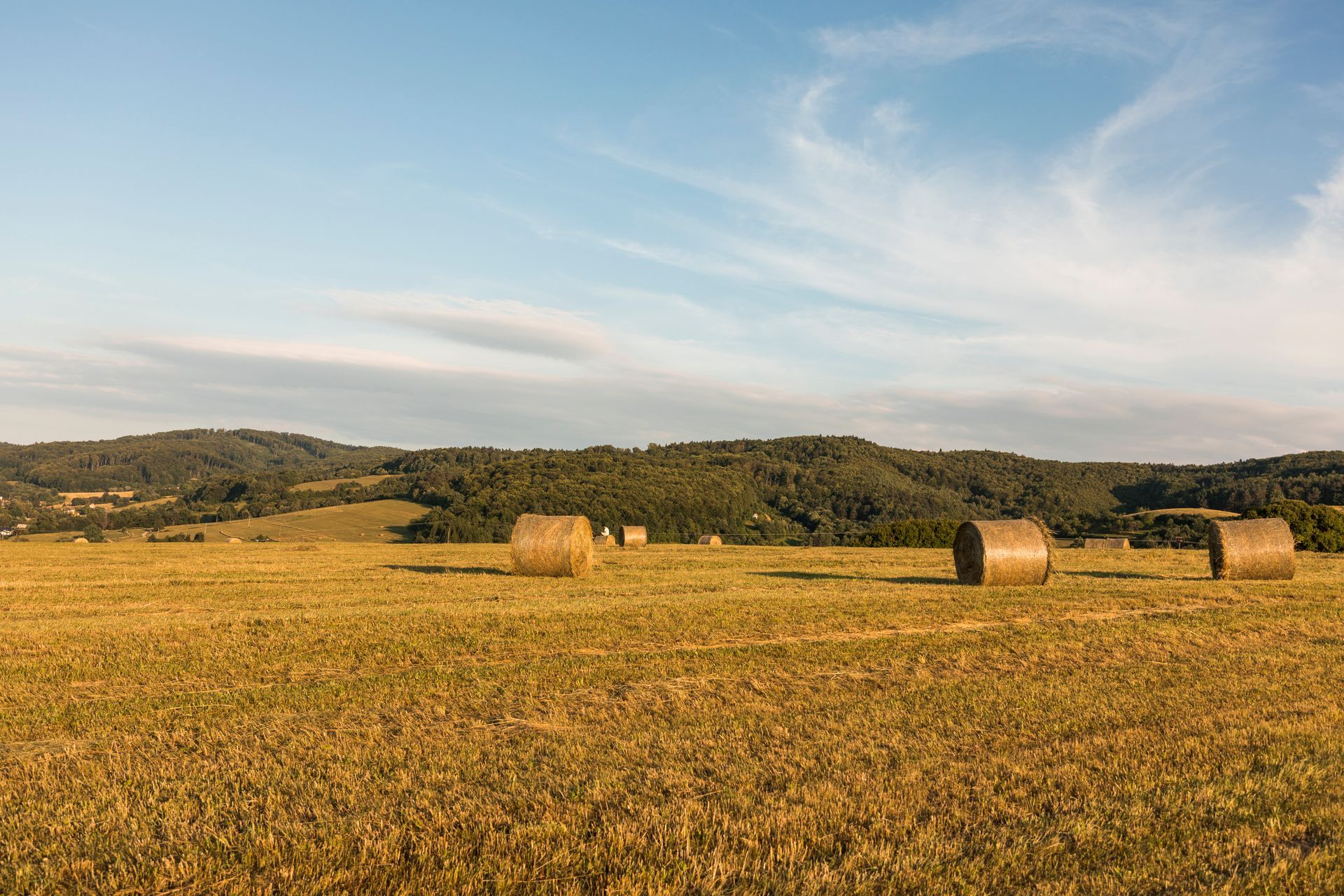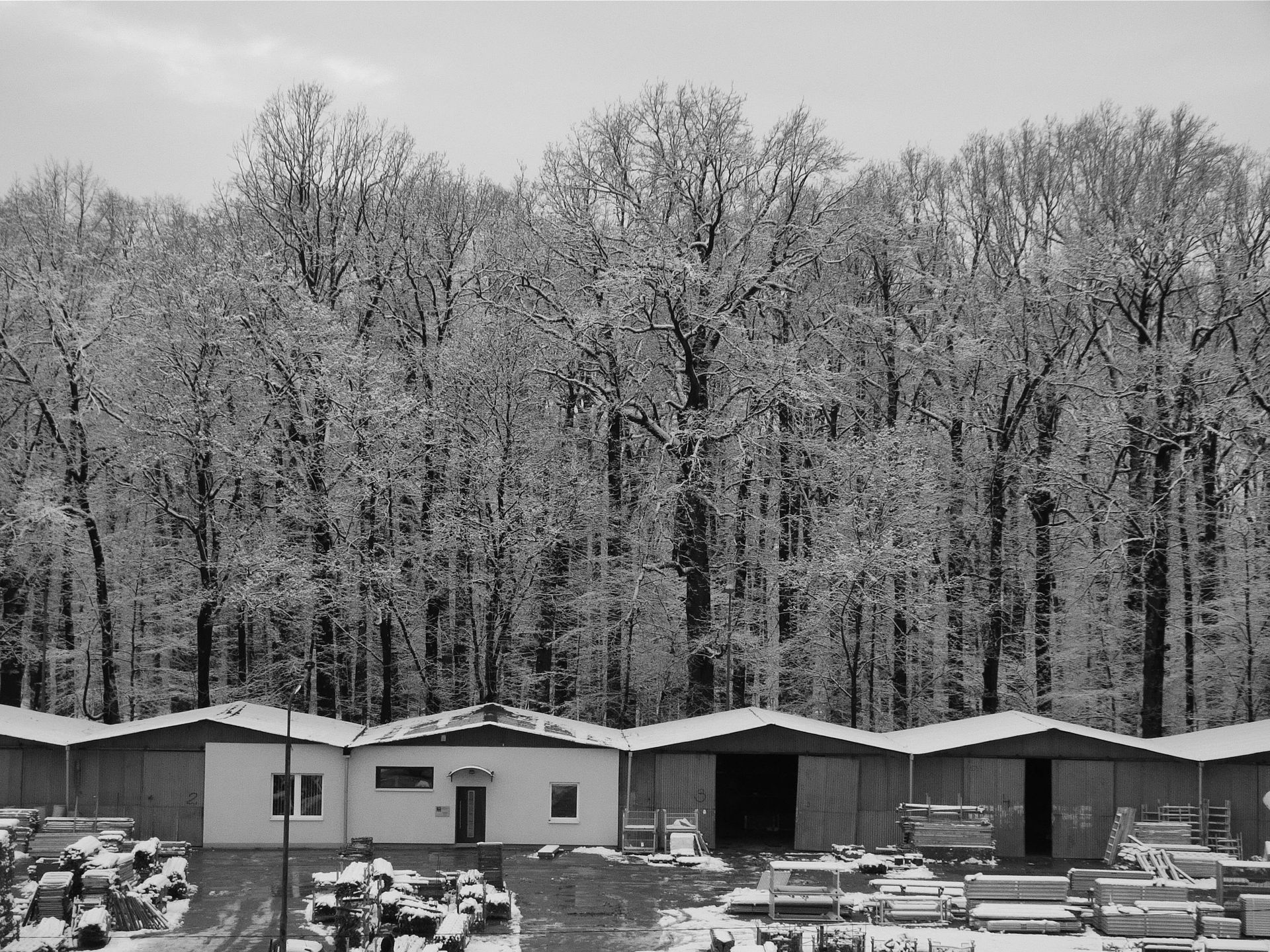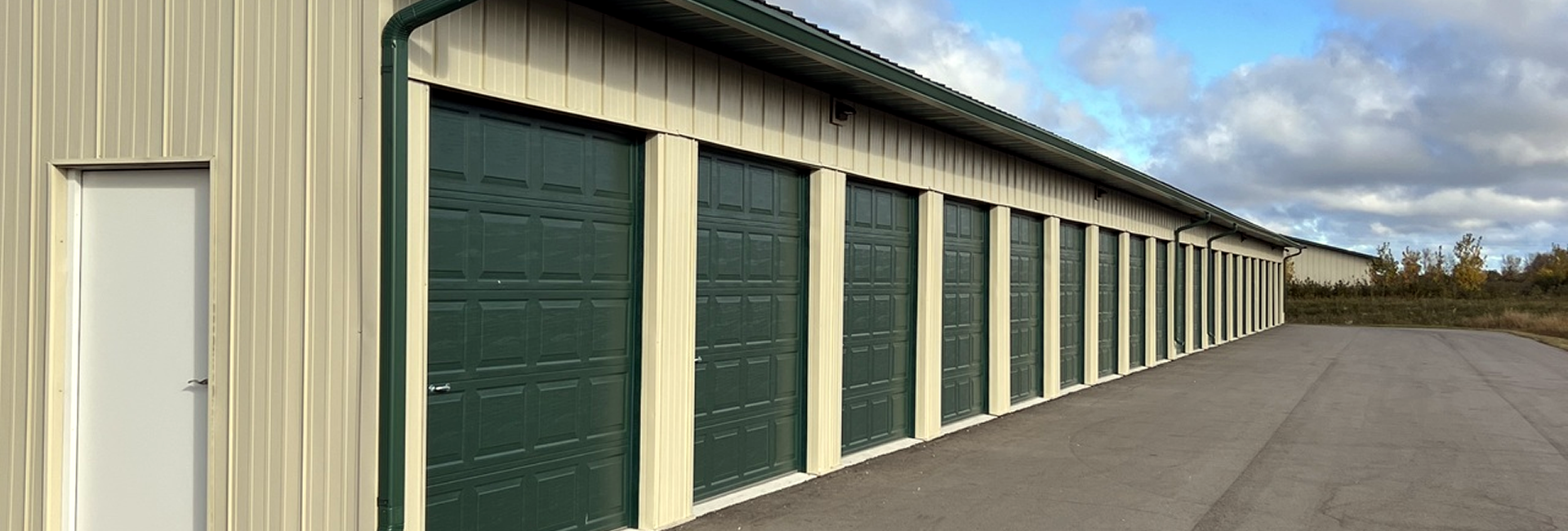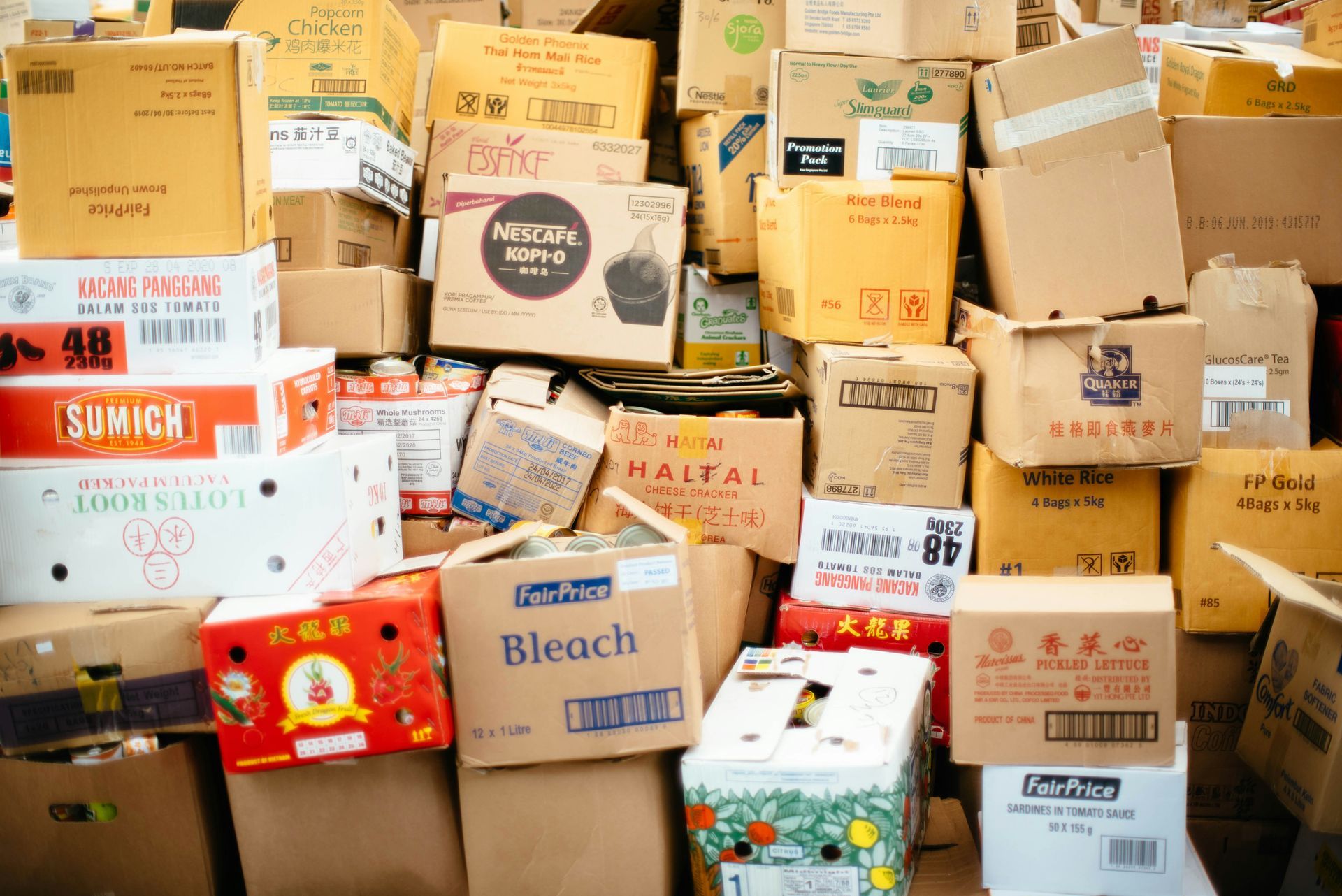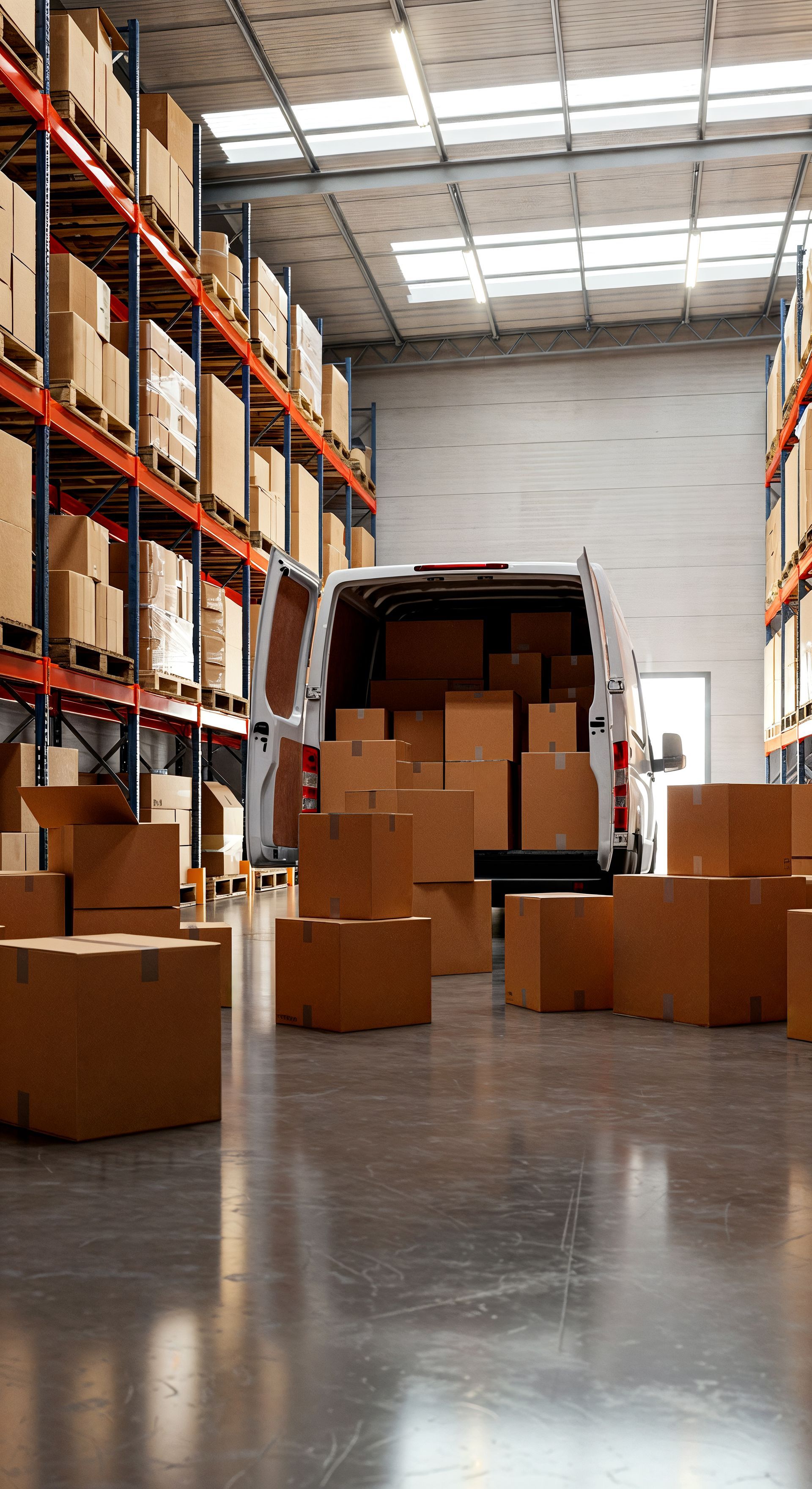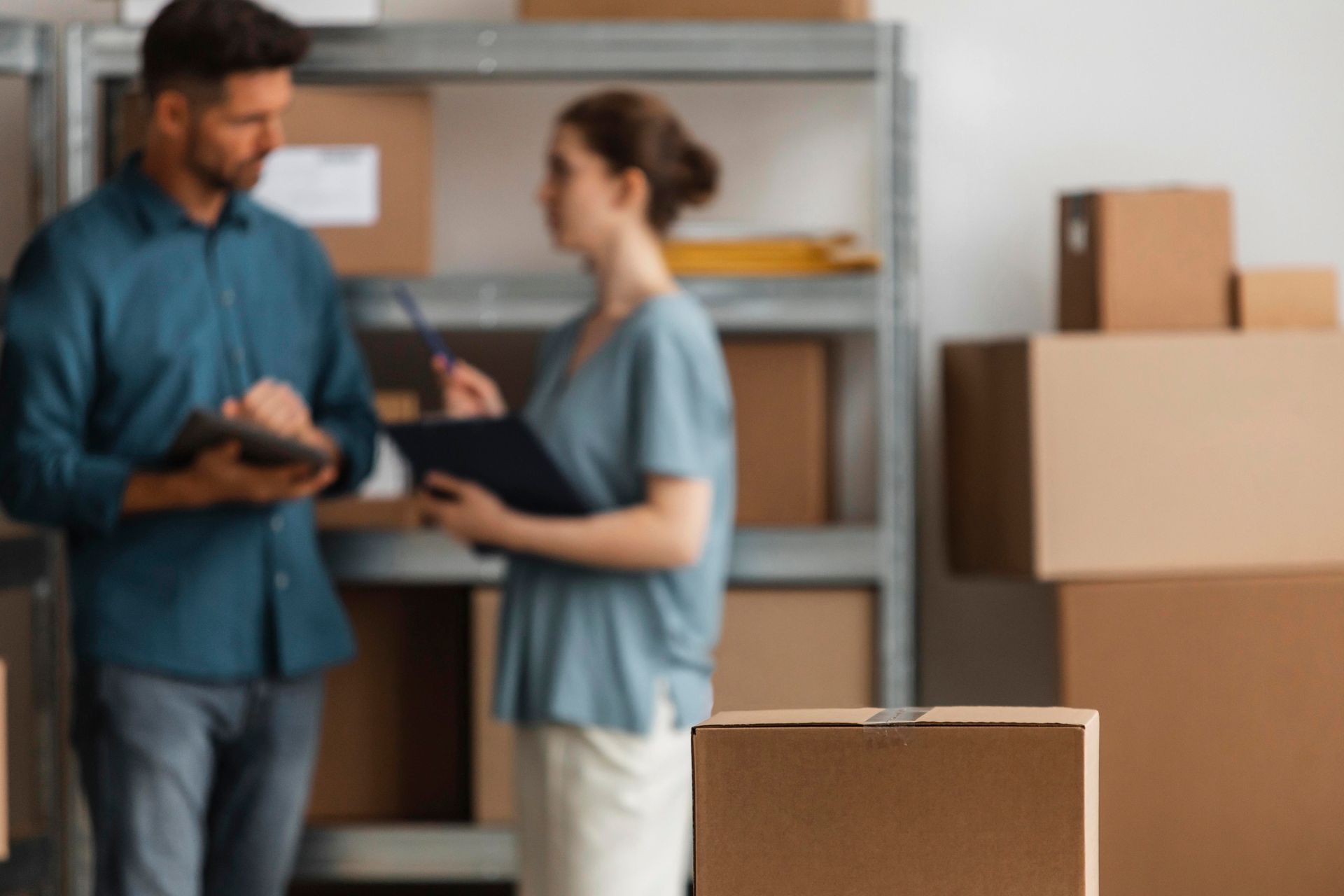Items You Shouldn’t Keep in a Storage Unit
What NOT to Store in a Storage Unit
When it comes to renting a storage unit, it’s easy to assume you can just load up your belongings, lock the door, and forget about them. But not everything belongs in a storage unit, and some items can actually put your property at risk.
With convenient Pleasant Valley Storage locations in places like Chippewa Falls and Menomonie, it’s easy to find a nearby facility and store your belongings safely while following proper storage guidelines.
Whether you're storing during a move, downsizing, or just clearing some space at home, here's a breakdown of what not to keep in your unit (and what to do instead).
1. Food and Perishables
Why it's a problem:
Food attracts rodents, insects, and mold. Even sealed items like canned goods or dry snacks can spoil, leak, or create odor.
Better option:
Leave food storage to your pantry, fridge, or a climate-controlled garage. If you must store pantry items temporarily (for example, during a move), consider airtight, pest-proof containers and a short-term timeline.
2. Flammable or Combustible Materials
Why it's a problem:
Gasoline, propane tanks, fireworks, paint thinner, and even some cleaning products are fire hazards and often banned by storage facilities for safety and insurance reasons.
Better option:
Dispose of these at local hazardous waste facilities or store them at home in a properly ventilated space with fire protection, like a detached garage or shed.
3. Live Animals or Plants
Why it's a problem:
Storage units aren’t designed to sustain life. No sunlight, no air circulation, and no temperature control means both pets and plants will quickly suffer or die. It's also illegal and against facility policy.
Better option:
Ask friends or family to care for plants or pets during transitions. Or look into plant boarding (yes, that’s a thing!) or local pet-sitting options.
4. Electronics in Non-Climate Units
Why it's a problem:
Extreme heat, freezing temps, and moisture can warp, crack, or destroy electronics like TVs, laptops, gaming systems, and audio equipment.
Better option:
Use a climate-controlled unit if you’re storing electronics long-term. At minimum, wrap them in anti-static material and keep them off the ground to protect from temperature shifts or water damage.
5. Weapons and Ammunition
Why it's a problem:
Firearms and explosives pose serious liability risks and are prohibited in most storage agreements. Improper storage can also make them unsafe or inaccessible in emergencies.
Better option:
Store weapons at home in a secured safe or use a licensed gun storage facility if you're moving or deployed.
6. Cash and High-Value Jewelry
Why it's a problem:
Even with strong security measures, storage units aren’t banks. If something goes wrong, these items are difficult to replace and may not be covered under standard insurance.
Better option:
Keep valuables in a home safe or a safety deposit box at a bank. If you must store them temporarily, check your insurance policy and use a well-concealed lockbox within your unit.
7. Illegal or Stolen Goods
Why it's a problem:
This might seem obvious, but it happens. Storing stolen property or anything illegal can result in criminal charges and facility-wide consequences.
Better option:
Don’t do it. Storage units are not loopholes or hiding places. Facilities may inspect or report suspicious activity.
8. Wet or Scented Items
Why it's a problem:
Wet items lead to mold and mildew, which can spread to everything else in your unit—and even nearby units. Strong scents (like candles, lotions, or soap) can attract pests.
Better option:
Dry everything thoroughly before storing. Use plastic bins with tight lids for anything scented, or better yet, store such items in your home instead.
Smart packing habits can also reduce moisture, odors, and pest risks inside your unit.
Final Tips for Safe Storage
- Check the lease: Most facilities list prohibited items in the rental agreement.
- Use airtight containers: These deter pests and moisture damage.
- Label everything clearly: This helps you monitor what’s in your unit, especially for long-term storage.
- Visit regularly: Don’t just “set it and forget it.” A quick check every few months can prevent issues before they spread.
Your Storage Partner in Wisconsin & North Dakota
At Pleasant Valley Storage, we care about the safety of your belongings, and your peace of mind. If you have questions about what’s safe to store, give us a call or stop by one of our locations. Choosing the right unit size also plays a role in safe storage, especially when separating sensitive or restricted items.
We’re happy to help you choose the right unit and make your storage experience as smooth as possible.
Ready to get started? Find a location near you.

